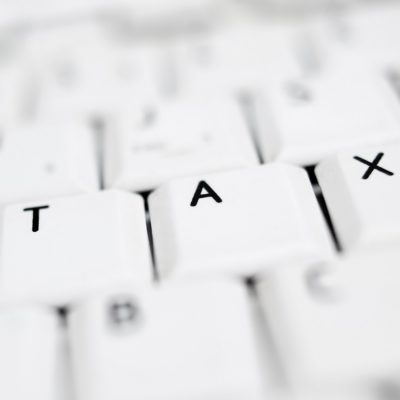The Government has published a draft agenda for a modernised digital tax system which they say will make it easier for businesses to pay their tax liabilities and reduce avoidable errors.
A key part of its draft agenda is the extension of HMRC’s Making Tax Digital (MTD) scheme.
Currently, businesses above the VAT threshold of £85,000 are covered by the scheme, which requires them to keep digital records and provide VAT returns through accountancy software.
The government plans to extend Making Tax Digital as follows:
- VAT-registered businesses with a taxable turnover below £85,000 will be required to follow MTD rules for their first return starting on or after 1 April 2022;
- Self-employed businesses and landlords with annual business or property income above £10,000 will need to follow the rules for MTD for Income Tax from their next accounting period starting on or after 6 April 2023; and
- The government is consulting later this year to decide on how MTD will evolve for those businesses that have incorporated to become companies and what the system should look like for Corporation Tax.
The extension of Making Tax Digital does not create any additional tax liabilities for businesses, nor will it change when tax is paid for any businesses or landlords in scope of the extension. The consultation document also says they recognise there will be additional compliance costs placed on businesses but their estimate of the additional costs involved “does not take account of the productivity benefits of going digital”.
Important facts about MTD for VAT
- The deadlines for sending VAT returns and making payments have not changed, including for monthly, quarterly and annual VAT return schemes;
- Applies to VAT accounting periods that started on or after 1 April 2019 (above the VAT threshold), or 1 April 2022 (below the VAT threshold);
- Applies to businesses that operate the Flat Rate Scheme for VAT;
- Businesses are required to submit their returns to HMRC using MTD-compatible software;
- Accountancy software must be used to keep business records digitally;
- This may include dedicated record-keeping software or a combination of software packages or spreadsheets; and
- Data must be exchanged digitally between all software used by a business for VAT.
Businesses participating in Making Tax Digital for VAT now have until 1 April 2021 to meet the requirement to have ‘digital links’ within their record-keeping. Find out more about digital links here.
Important facts about MTD for Income Tax
- MTD for Income Tax will apply from April 2023, however self-employed businesses and landlords can currently use the MTD software voluntarily if they meet the current eligibility criteria (if Self-Assessment tax returns and payments are up to date and they are UK tax residents);
- For those joining MTD for Income Tax for 2020 to 2021, there will still be a requirement to complete a tax return for 2019 to 2020 by 31 January 2021;
- Self-employed businesses and landlords joining MTD for Income Tax will be required to send a quarterly summary of their business income and expenses to HMRC and finalise their tax affairs using MTD-compatible software;
- At the end of the year, any non-business information required under Self-Assessment (for example dividends, pension, student loan) can be added and tax affairs finalised using MTD-compatible software;
- This replaces the need for a Self-Assessment tax return; and
- The deadlines for sending VAT returns and making payments have not changed.
Software
Details of MTD-compatible software products for Income Tax can be found here and MTD-compatible software products for VAT can be found here.
Costs of compliance with Making Tax Digital for Income Tax will vary according to business size and circumstances. As with Making Tax Digital for VAT, HMRC will work with the software industry to ensure that businesses needing to update their accounting systems have access to affordable software products and transitional costs are kept to a minimum.
HMRC will do further work over the summer, engaging with stakeholders to refine these estimates in consultation with businesses and their representatives.
How M+A Partners can help you
The expansion of Making Tax Digital for VAT from April 2022 and introduction of Making Tax Digital for Income Tax from April 2023 are fundamental changes to the way in which the tax system works.
At M+A Partners we are here to support you through this transformation of tax administration. We will continue to update you on the steps required to ensure you are MTD compliant, in the meantime please do get in touch with any initial queries you may have.


